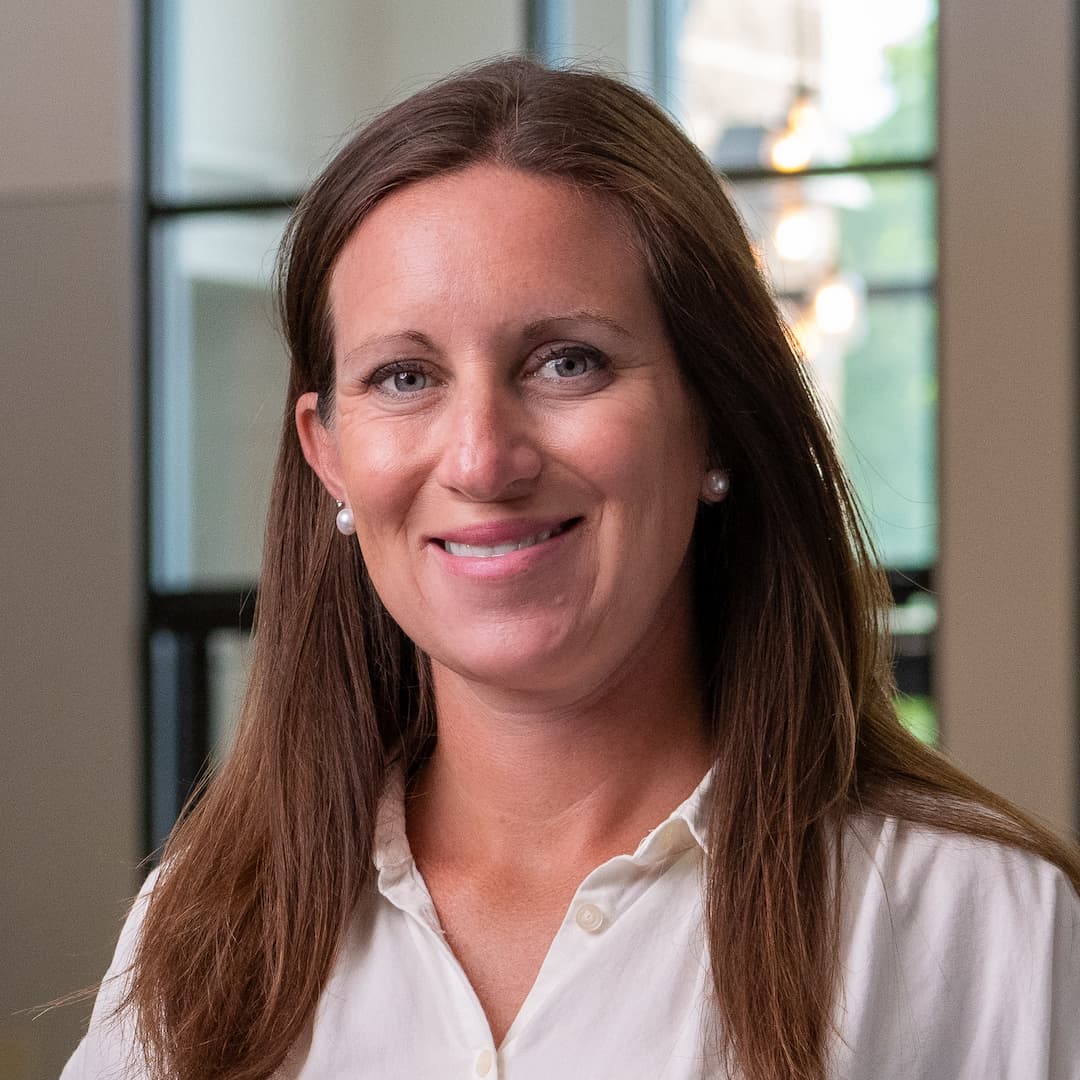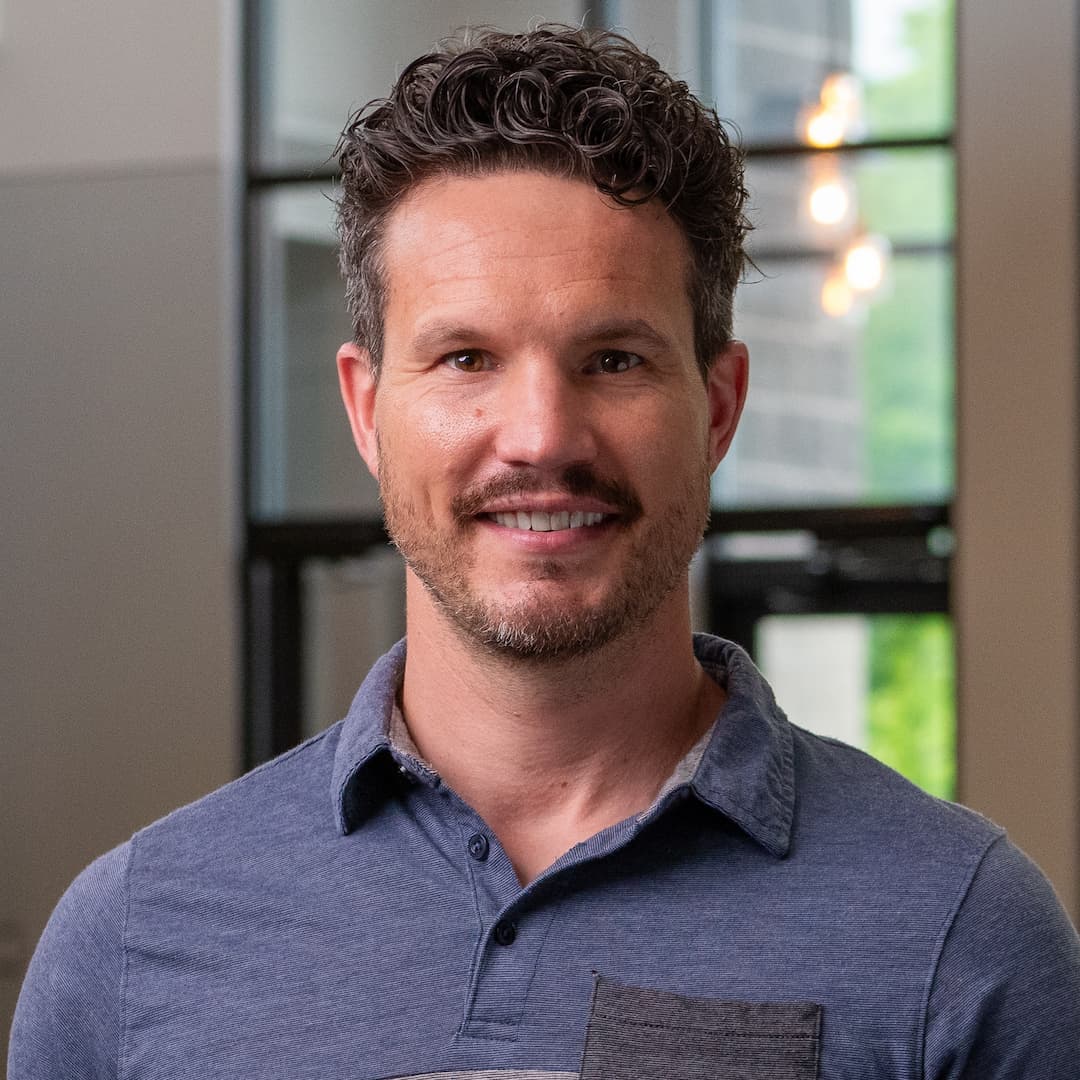A Pandemic of Loneliness
Americans are lonely. Recent data suggests that more than one-third of Americans feel serious loneliness. Not just loneliness (that number is much higher). Serious loneliness. Studies have shown that loneliness is linked with premature death to roughly the same extent as smoking, obesity, and physical inactivity. It’s also associated with higher rates of anxiety, depression, and suicide.
Loneliness is the feeling of being alone. And what we are learning is that we can be surrounded by people and still feel alone. You can have lots of social contact and still suffer from loneliness. You can have lots of friends on Facebook and still feel alone.
The pandemic has only served to further accentuate our crisis of loneliness.
With no more than a few days’ notice we had to figure out how to juggle work and homeschooling, cancel virtually every social engagement and travel plan, and find creative ways to perform everyday tasks like picking up groceries and connecting with loved ones. What was a rainstorm became a tsunami, and it happened overnight.
So how did we get here? Has it always been this way? And what does the Bible have to say about it?
How Individualism Contributes to Our Loneliness
Growing up in America, we are taught to place a heavy emphasis on individualism. The individual takes priority over the community. The American Dream is based on the idea that you can be anything you want to be if you put your mind to it.
We live in a hyper-individualized culture. And our individualized worldview impacts how we see all of life, including how we relate to each other. With full calendars and time in short supply, most of us spend our days rushing from one thing to the next with little time for meaningful connection with our neighbor.
With a smartphone in our hands we have everything we need at our fingertips. We can bank without going to the bank, rent books without going to the library, and grocery shop without going to the grocery store. The move towards urban sprawl over the past 50+ years means that we spend more time in our cars and less time on our front porches. Add to that social media which provides us with a facade of social connection devoid of any meaningful, authentic interaction.
This individualism is leaving us isolated and alone. But not only that, it has infected our faith.
Many of us in the American church conceive of faith as having our morning Bible devotions one-on-one with God, picking a church that meets our individual spiritual needs, walking in and out of church services without engaging anyone (remaining almost completely anonymous), and maybe getting involved in a small group with people just like us. It’s no wonder we have a loneliness problem!
But it hasn’t always been this way.
Community in the Early Church
In reading through the book of Acts recently, I was struck with a very different picture of faith - one that was lived out in community. In Acts 2 we see the people who walked with Jesus during his life taking what they learned from him and sharing it with others after his death. And in doing so they pushed up against the norms of their day- the cultural, political, and even the religious norms. Much like we will be doing as we unpack what it means to live out our faith communally.
Let’s take a look at this verse from Acts 2:44-45.
All the believers were together and had everything in common. They sold property and possessions to give to anyone who had need. Every day they continued to meet together in the temple courts. They broke bread in their homes and ate together with glad and sincere hearts, praising God and enjoying the favor of all the people. And the Lord added to their number daily those who were being saved.
What do we notice about how these early church members lived out their faith?
They held everything in common
These believers shared their lives together. Fellowship wasn’t just an hour or two a week, it was life-on-life. They were concerned for each other, sympathized with each other, and sought each other’s best interest.
These men and women would have had no concept for a faith that lives only in your head and your heart. The idea that a Christ follower would make a practice of having a morning quiet time of private prayer but then go about their day without giving it another thought would have been foreign to them.
For these early Christians, community wasn’t just one aspect of faith, it was inseparable from it.
They sold property and possessions and gave to anyone who had need
This is a type of radical generosity that we don’t see often today. It’s worth noting that these early churchgoers had much, much less than we did. As a matter of fact, they would probably be astounded by the amount of material goods we have- the amount of food in our pantries, the size of our closets, the heated shelters we call home, and yet it appears they were radically more generous than we are. They held everything they had with open hands to their neighbor in need. And the reason they were able to meet each other’s needs is because they knew each other’s needs.
If you’re not sharing life with people, you probably won’t know what they need. Or maybe you will but you won’t know how to meet that need in a way that is meaningful to them.
They broke bread
I love this picture of sharing everything, including food. Something special happens when we share food together around the table. One of my favorite authors, Shauna Niequist, says in her book Bread and Wine:
What’s becoming clearer and clearer to me is that the most sacred moments, the ones in which I feel God’s presence most profoundly, when I feel the goodness of the world most arrestingly, take place at the table. The particular alchemy of celebration and food, of connecting people and serving what I’ve made with my own hands, comes together as more than the sum of their parts… It’s not actually strictly about food for me. It’s about what happens when we come together, slow down, open our homes, look into one another’s faces, listen to one another’s stories. It happens when we enter the joy and the sorrow of the people we love, and we join together at the table to feed one another and be fed, and while it’s not strictly about food, it doesn’t happen without it. Food is the starting point, the common ground, the thing to hold and handle, the currency we offer one another.
When we invite someone to our table, we invite them into our lives. We’re offering an opportunity to let someone into our stories, and we’re becoming curious about theirs.
They devoted themselves to the apostles’ teachings
This is significant and also quite counter-cultural. The religious leaders of the day were not devoted to the apostles’ teachings, they were devoted to the Hebrew Scriptures (The Old Testament). The apostles, however, were teaching something very different.
To devote themselves to the apostles’ teachings meant that they were pushing up against the widely accepted religious norms and, instead, following this rebel Messiah named Jesus who turned those mainstream ideas on their head. They were choosing to follow a man who disrupted and provoked those in power- both those who held power in political circles and those who held power in religious circles. And they did so at a high cost- often, at the cost of their lives.
The early church was devoted to studying and embodying the teachings of Jesus.
The Lord added daily to their number
This way of living attracted new believers, not because they had fancy buildings or great teaching or good kids’ programs, but because they lived in a way that drew others to the kingdom family. It’s the quality of this Jesus-centered community that produced growth. And here’s the thing: it’s not our work, it’s God’s work.
This is what the kingdom looked like in these early days and this is what it looks like now: joining a family of believers who are earnestly seeking to live like Jesus, where we:
- get to know each other in a deep and authentic way,
- get to know each other’s needs,
- meet each others’ needs,
- pray for each other,
- share resources,
- break bread together, and
- learn how to walk like Jesus together.
And in doing so, we are living out and working out our salvation.
So What Does This Mean For Us?
Speaking from my own experience, I’ve noticed that creating this type of community is something more caught than taught. We can read and learn and absorb information all day, but we won’t make progress until we actually do the work of creating spaces where relational connections can be made.
As a mom of three young children who holds a full-time job on top of commitments outside of work, I know how difficult it can be to find time in the margins of life to tend to this work. But, as I reflect on my own experience, I can pinpoint exactly when these truths started to click for me. It was when my husband and I joined a church where we were welcomed into this type of community.
The people in this church opened up their homes to us, encouraged us, dropped off meals when our children were born, and remained present to us in an intentional and authentic way. And it radically impacted how we embodied community to others in turn.
We understood the importance of community once we were surrounded by it.
So what would it mean for us to cultivate this type of community in our church (and outside the church)? And is this even possible given our hyper-individualist culture where faith is largely lived out in isolation from other people?
I’ll share with you a few things that it doesn’t mean:
- It doesn’t mean adding more stuff to your calendar.
We’re all busy. I’m not saying to go attend more social events and squeeze more commitments into your schedule. But it might require more intentionality with where you already are. And it also might require eliminating things. - It doesn’t mean making more friends.
This isn’t about the quantity of our relationships. It’s about the quality of our interactions going deeper. This type of community involves being more intentional, starting with the people who are already around us. - It doesn’t mean trying harder.
This is not a time to hop on the treadmill of self-improvement and crank out community through self-reliance and will-power. Acts 2 is about a Spirit-led community. We simply can’t have this type of community apart from the Spirit.
Well then, what DOES it mean?
- Living out our faith communally means embodying radical generosity and hospitality towards others.
This may involve a complete paradigm shift from the cultural norms of consumption and materialism that we are surrounded with. - It means getting to know each others’ needs so we can meet each others’ needs.
This type of community starts with authenticity, asking for what we need and looking for ways to meet the needs of others. - It means noticing who around us is available and interested in a deeper kind of community.
Create spaces where people are invited to embody this type of community and see who joins you. - It means simply committing to a church and staying present.
In our culture, many people simply come and go from church based on whether their consumer preferences are being met. Instead, try to see your church as a family, where all are called to use their gifts to edify the body of Christ. - It means going to God in prayer.
God knows our desire for community and is eager to answer our prayers.
And in the end, we're not doing this to chase happiness, be more fulfilled, or avoid loneliness. We’re doing it because that’s the life that Jesus invites us into.
Reflection Questions
- Where might God be inviting me to go deeper in relationship with those around me?
- Where might God be inviting me to say “no” or eliminate some things from my calendar in order to create more margin for cultivating authentic relationships?
- What are some concrete ways I can embrace hospitality and generosity towards those around me?







